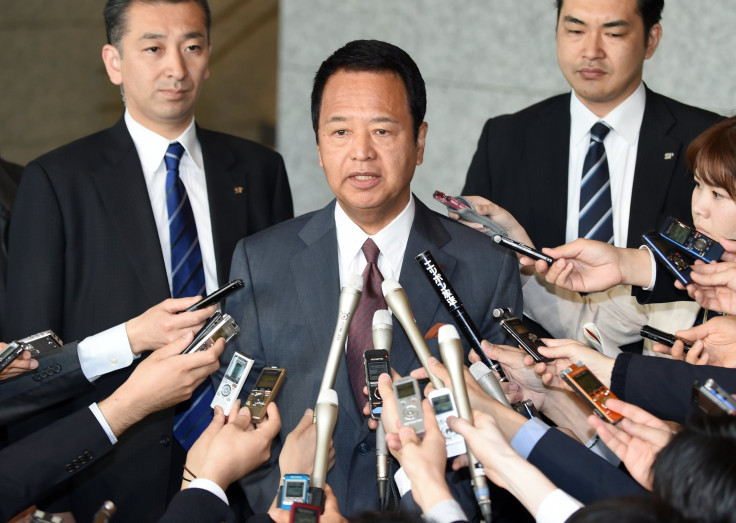Trans-Pacific Partnership Trade Deal Update 2015: Countries Continue To Argue As Deadline Looms

Talks on the Trans-Pacific Partnership, a trade agreement aimed at facilitating trade with Asia-Pacific countries, appeared to be nearing a deal Sunday afternoon as representatives from the countries involved reached a make or break point at discussions in Atlanta. The meetings, meant to last only two days, stretched into their fifth and final day Sunday, with authorities expected to make a decision by the end of the day.
Progress has stalled over consensus on certain points of the trade agreement between the 12 participating countries, and several of the most difficult obstacles in this week's talks have been over pharmaceutical and agricultural provisions. The deal is backed by U.S. President Barack Obama's administration.
The pharmaceutical discussion centered on exclusive markets for next-generation biologic drugs. The U.S., Australia and Canada haggled over how long pharmaceutical companies can hold exclusive rights to medicines. In the U.S., companies can hold exclusive rights for 12 years before releasing their initial genetic research to the public. The U.S. and Australia have allegedly compromised on eight years of exclusivity, according to unconfirmed reports by Radio Canada on Sunday.
TPP trade talks near deal after reported pharma breakthrough http://t.co/UtG653HblA pic.twitter.com/YGxpIYlg1E
— CBC News (@CBCNews) October 4, 2015One of the other major holdups to conclusion of the deal concerned the regulation of dairy imports. New Zealand is home to the largest dairy company in the world and wants increased access to U.S., Canadian and Japanese markets. The U.S. and Canada, in particular, have protested increased imports, fearing that the imported milk could drive domestic dairy farmers out of business.
With upcoming elections in the U.S., Canada, Peru, and Japan, several countries have a vested interest in ensuring that the deal concludes Sunday.
Japan's representative has said diplomatic duties require him to leave Atlanta by the end of the day Sunday, and other countries involved in the agreement are also motivated to ensure that talks conclude quickly. “I said there were two conditions for us to accept that proposal," said Japanese Economy Minister Akira Amari, as reported by Reuters. "First, this would be the last chance, in other words, there had to be certainty of getting a deal on pharmaceuticals. Second, because of the schedule, Japan could not accept any further extension,” he said.
© Copyright IBTimes 2024. All rights reserved.




















